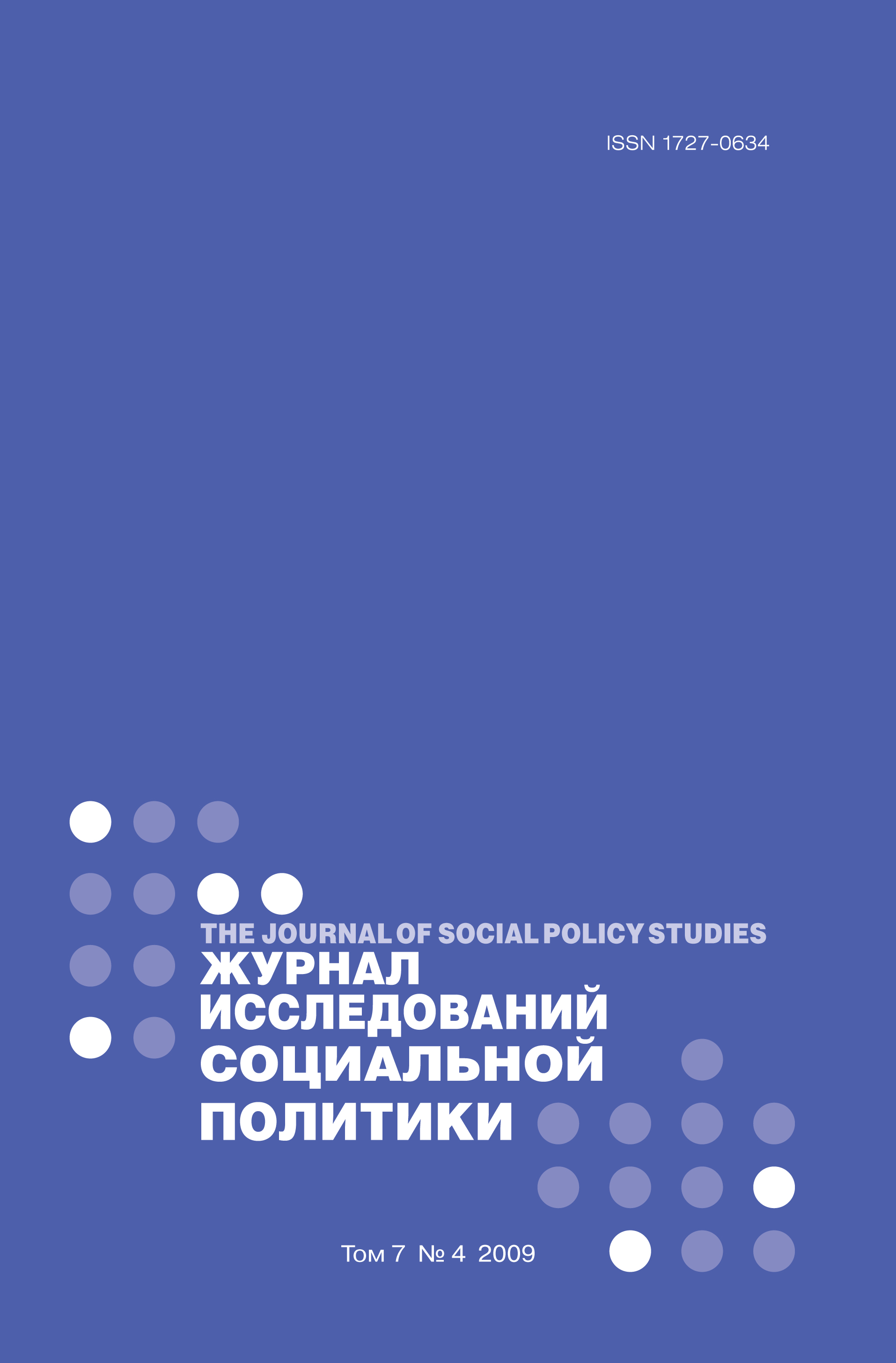Civil society theory and post-socialism
Abstract
Civil activism and society in Post-communist Russia remains a complex issue and essential to the understanding of modern Russia as she continues her transition from the Soviet system. However, key gaps remain between the theory of civil society and the empirical data that has been gathered in post-socialist countries. This article examines theoretical discussions about and articulations of civil society in the context of post-socialism and, in particular, Russia. The article explores how civil society has been studied and conceptualised in the post-socialist context. It introduces a distinction between spatial and functional articulation of civil society, and identifies three different approaches to the study of civil society: the evaluative, the historically-bounded and the empirical-comparative. The author finds fault with the oversimplification of civic society in the ‘colonialism’ and ‘salvation’ interpretations, which resorts to often to simple black and white characterisations of multifaceted processes. As such, the article suggests that an alternative approach, focusing upon the cultural meanings of civil society and investigating how civil society is produced in discursive and social practices, which may, in turn, provide a more fruitful method for conceptualising the success and failures of civil society in Russia. It will also allow researchers to escape the constraints of always demanding that countries produce a carbon copy of the western model of civic society, a task which is any case impossible. The article provides examples of such a discursive approach in empirical civil society research. Finally, the article suggests that the study of post-socialist societies contributes importantly to social theory by critically examining the key concepts of knowledge production in social theory. The author proposes a way to avoid the dichotomy of ‘Western theory’ versus ‘Post-socialist practice’ by highlighting the importance of epistemic reflexivity; the ability of the researcher to be aware of the instruments being used to analyse and reflect social reality and show sensitivity to the needs of regular methodological revision.















